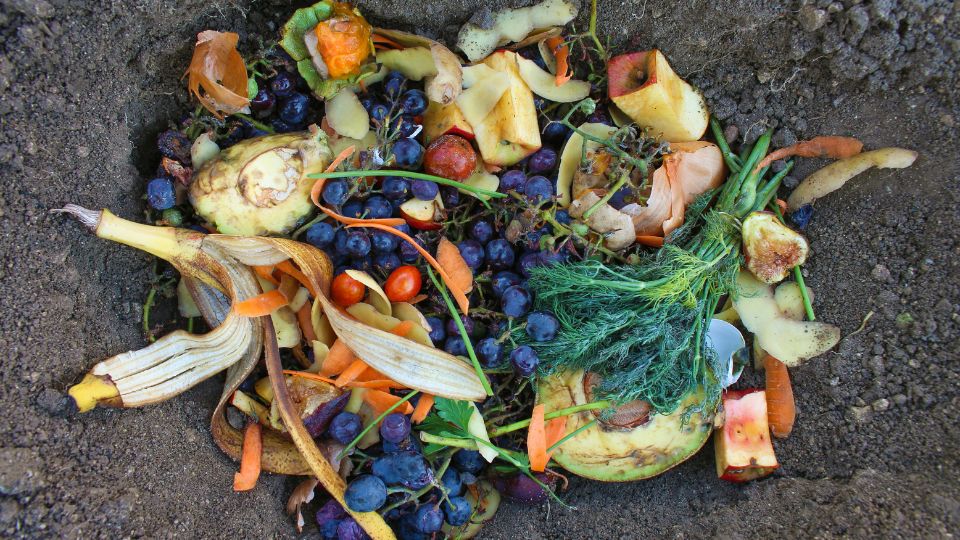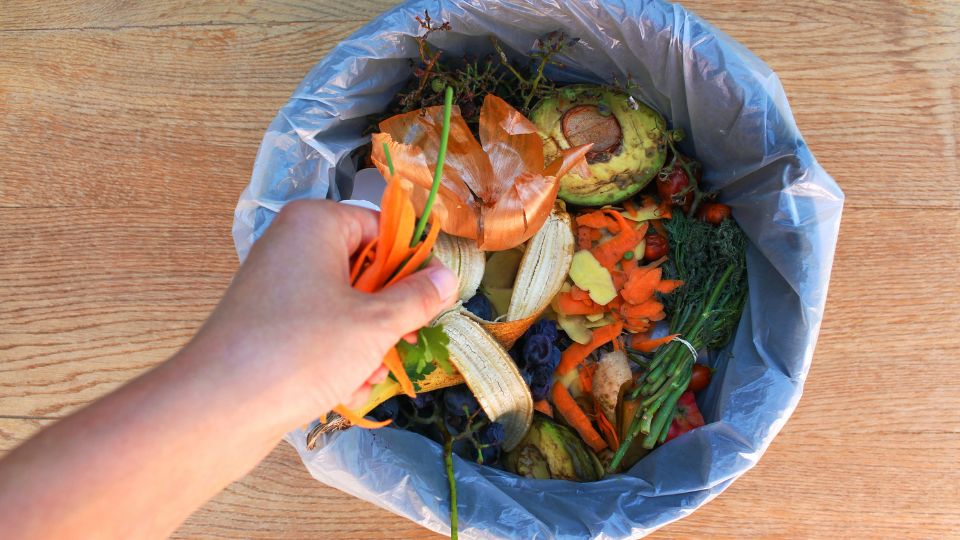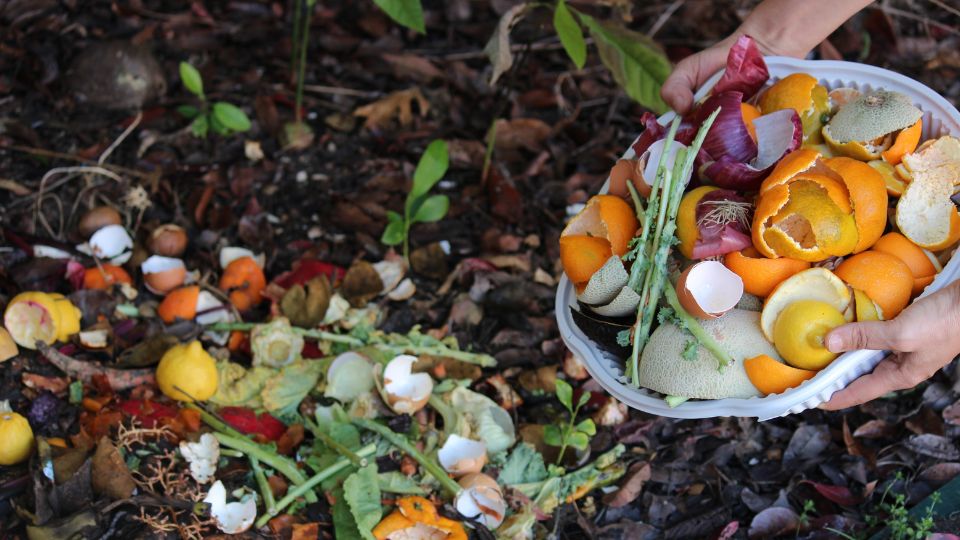
Quick Summary:
- Fruits, vegetables, coffee grounds, eggshells, bread, and grains can be composted, while meat, dairy, oils, and large quantities of citrus or onions should be avoided.
- Non-biodegradable materials, diseased plants, and pet waste should not be added to compost bins to prevent issues like pests, odours, and contamination.
- Balance green and brown materials, turn the compost regularly, and maintain appropriate moisture levels for optimal results in composting food waste.
In the quest for effective waste management, understanding what food waste can be composted is crucial. Composting will help reduce the volume of waste sent to landfills and enrich the soil, benefiting your business’s sustainability efforts.
This blog will guide UK business owners on what foods can be composted, the types of waste that should not be composted, and the essential dos and don’ts of using compost bins and composters.
Table of Contents
- What Foods Can Be Composted?
- What Foods Cannot Be Composted?
- What Types of Waste Should Not Be Composted?
- Do’s and Don’ts of Composting
- Choosing the Right Compost Bin or Composter
- Conclusion
What Foods Can Be Composted?
Composting food waste is an excellent way to turn kitchen scraps into valuable compost. Here are some food items that can be safely composted:
- Fruits and Vegetables – All types of fruit and vegetable scraps, peels, and cores can be composted. They are rich in nutrients and help create fertile soil.
- Coffee Grounds and Tea Bags – Used coffee grounds and tea bags (make sure to check if the tea bags are compostable) add nitrogen to your compost.
- Eggshells – Crushed eggshells are a good source of calcium and help with soil structure.
- Bread – Small amounts of bread are compostable, but avoid adding too much to prevent attracting pests.
- Grains and Pasta – Cooked or uncooked, these can be composted in moderate amounts.
What Foods Cannot Be Composted?
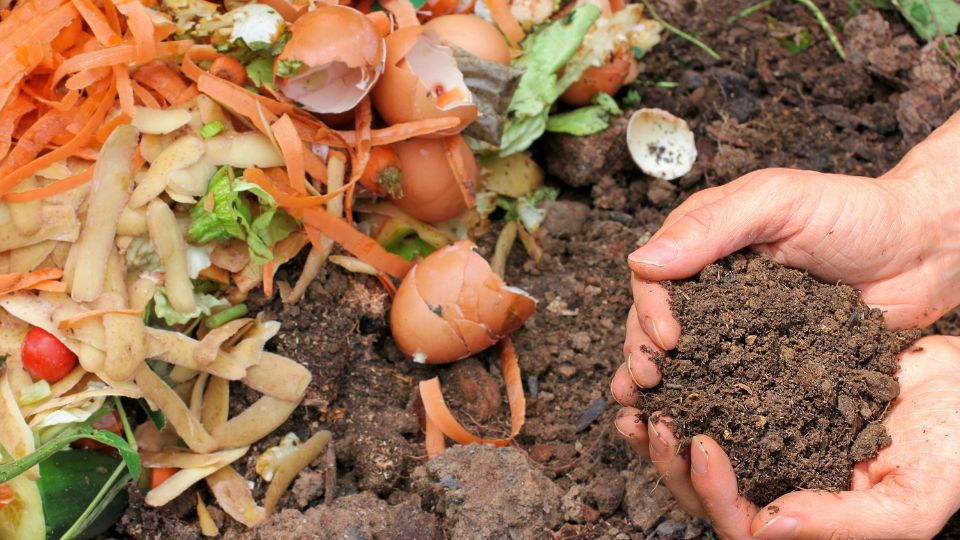
While many food wastes are compostable, some items should be avoided to ensure a successful composting process:
- Meat and Dairy – These items can attract pests and create odours, making them unsuitable for composting.
- Oils and Fats – They can lead to a slimy compost pile and may cause unpleasant smells.
- Cooked Foods -These can also attract pests and may not decompose effectively.
- Citrus and Onions – While small amounts are okay, large quantities can create an acidic environment that hampers composting.
What Types of Waste Should Not Be Composted?
In addition to specific foods, certain types of waste should never be composted:
- Diseased Plants – These can spread diseases to other plants.
- Pet Waste – Animal faeces can introduce harmful pathogens into the compost.
Do’s and Don’ts of Composting
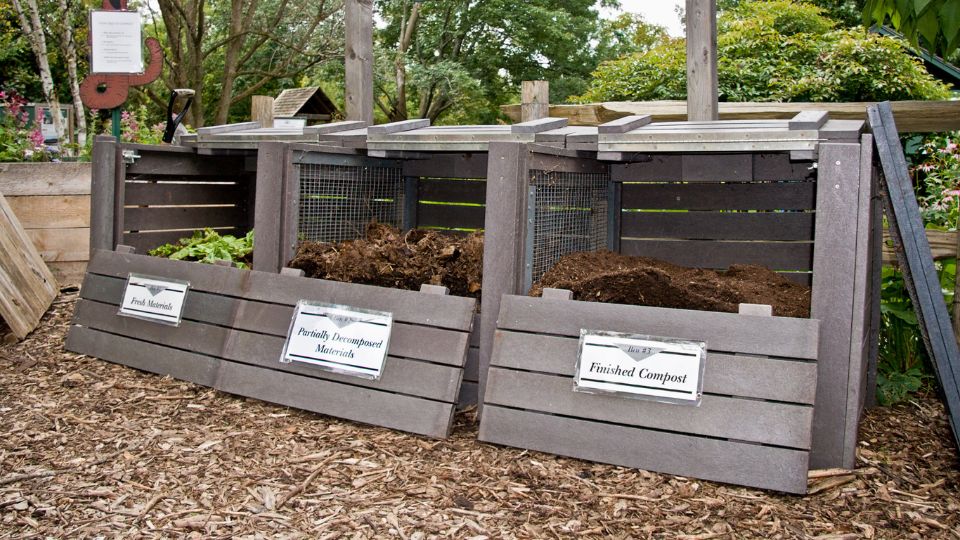
Do’s:
- Add a Balance of Green and Brown Materials – Combine nitrogen-rich (green) materials like food scraps with carbon-rich (brown) materials like dry leaves.
- Turn Your Compost Regularly – Aerating the compost helps speed up decomposition.
- Maintain Moisture Levels – Keep your compost pile moist but not soggy.
Don’ts:
- Don’t Overload with Food Scraps – Too much food waste can lead to imbalances and attract pests.
- Avoid Adding Large Twigs or Unshredded Materials – They can slow down the composting process.
- Don’t Compost Diseased Plants or Weeds – These can spread and cause problems.
Choosing the Right Compost Bin or Composter
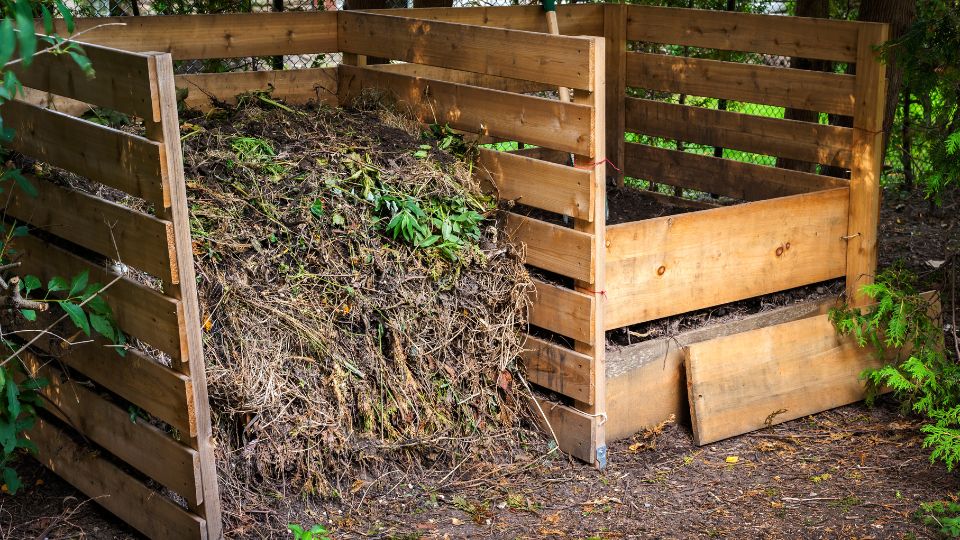
Selecting the right compost bin or composter for your business is essential. Ensure it is suitable for the volume of waste you generate and has good aeration to promote efficient composting.
Conclusion
Composting food waste is a valuable practice for businesses looking to enhance their waste management systems.
Understanding what foods can and cannot be composted, along with following essential composting guidelines, will help you create a successful composting program and improve sustainability efforts.


